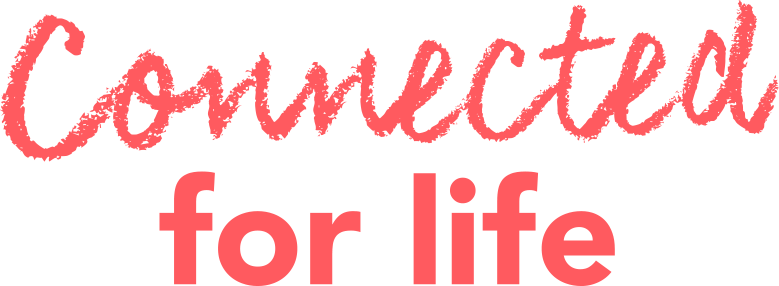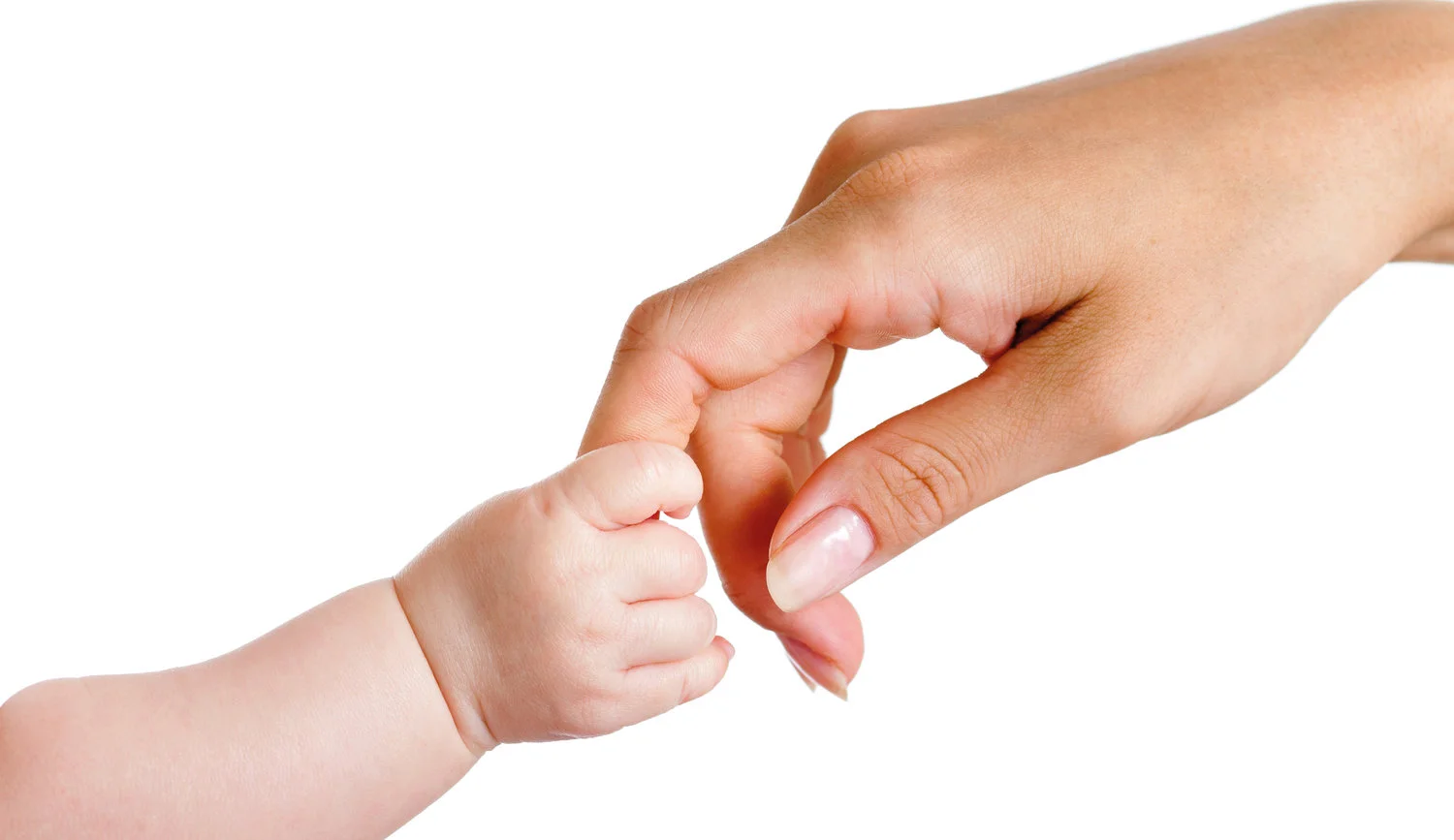When people hear that a child is 'insecurely attached' they often assume that this is due to neglect, abuse, inconsistency or rejection by parents. This is the case sometimes, but often children raised by loving and caring parents can be insecurely attached. While insecure attachment is not the end of the world (around half the population is insecurely attached) it can lead us to feel less safe, secure and less able to regulate our emotions, which can lead to a range of challenges.
My youngest daughter, Cara, has had to face some tough challenges in her life due to insecure attachment. She had a pretty traumatic start in life. She was in occipito posterior position (her back was against my back, while her feet and hands were against my tummy) during pregnancy and labour, which led to 'fetal distress'. During delivery her shoulders got stuck on my pelvis (shoulder dystocia). She was not breathing when she was born and began to have seizures. She had to be moved to a hospital 20 miles away with a neonatal unit, while I stayed behind to deliver the afterbirth and wait a couple of hours for an ambulance to bring me. My husband drove behind the ambulance to be with her. At this stage we were not given any guarantee that she would survive.
The first day was the hardest. As a newborn baby, what she needed most were food and connection, but meeting those needs threatened her survival. Seizures were triggered when she was touched or tube fed. Therefore we were not able to hold or even touch her and she was only fed minuscule amounts of food, which were gradually increased over a number of days in amounts that she could tolerate without triggering a seizure. She cried with hunger and pain and there was nothing we could do to soothe her. She cried so hard that she lost her voice and all that remained was a croak. We sat beside her bed and talked to her and reassured her as best we could. I kept touching her through the incubator, even though I was told not to, but it was not enough. What my baby needed was for her hunger to be alleviated, for her daddy and I to hold her skin to skin, wipe those tears away and kiss them dry. We couldn't do this for good reason, but she didn't know that. All she knew was that we didn't and her body and brain adapted to this reality.
Cara was born at full term and weighed a healthy 9lb. However, like all babies, she had an underdeveloped brain, which would develop rapidly in those early days, weeks and months. Babies are totally helpless and dependent and would literally die without someone to look after them. Their behaviour is designed to elicit the love and connection that will ensure their survival and help their brain to develop. Why did Cara cry until her little voice couldn't make any more sound? To elicit the love and connection she needed to ensure her body got the food she needed to survive. It didn't work. Of course this was not intentional and we would have given anything to be able to comfort and soothe her. She didn't know this. Her developing brain simply knew that her most basic needs for food and comfort were not being met, which was a very real threat to survival. We often read shocking stories on television or newspapers about babies who were dumped in bins or abandoned at the roadside. Cara's experience of the world in those early days was no different than the experiences of those babies. It didn't matter that it wasn't intentional or that it was for her own good. All Cara knew was what she was experiencing and that wasn't pretty.
When a baby does not consistently have their needs for safety, security and connection met, they adapt to best manage in that environment. This is the essence of attachment.
““our earliest experiences as babies (and even foetuses) have much more relevance to our adult selves than many of us realise. It is as babies that we first feel and learn what to do with our feelings, when we start to organise our experience in a way that will affect our later behaviour and thinking capacities” ”
Cara's earliest experiences were stressful and her needs were not met. No-one was there to help her calm down when she experienced big and scary feelings. However, after a week she stopped having seizures and got out of the neonatal unit and a few days later got home. She was able to feed, be held and comforted. She went from experiencing abandonment to experiencing love and nurturing in a short time. While she needed and craved love and affection, the massive change in what she was experiencing probably felt confusing and inconsistent.
Of course, the concerns about her health didn't just end the minute she got home. We had to wait and see if she developed normally or experienced any problems as a result of her early trauma. She regularly attended physio and was monitored to check whether she was meeting her milestones. This meant that those lovely experiences like rolling over for the first time were fraught with stress. I remember her rolling over for the first time the day before attending a physio appointment. I was over the moon as I was worried about what it would mean if I had to report that she hadn't met that particular milestone. We loved and adored her, but during the first years of her life there was a looming shadow of 'what if....', which led to an undercurrent of worry and stress. Babies are very tuned in to emotional cues, so this may have had an impact on Cara's stress hormones too.
Cara's early experiences did affect her later thinking and behaviour. She cannot recall these experiences, but this does not mean her body and brain do not remember them. What we don’t remember with our mind, we remember with our heart and gut (implicit memory). She has always found separation difficult and distressing. She developed anxiety about going to school and worried that her dad and I would not pick her up from school, even though this had never happened. She told us that while she knew in her head that her dad and I would always pick her up and she had no reason to think otherwise, her stomach told her something else. Cara attended CAMHS (Child and Adolescent Mental Health Service) and was assessed as being insecurely attached (anxious / ambivalent) due to birth trauma and early separation.
I am sharing the experiences of my family because, during Connected for Life training and parents groups, so many people have told me about their experiences of having a child in neonatal care or a child who is experiencing anxiety. The statistics are startling. According to Bliss, 90,000 babies in the UK are admitted to neonatal care every year, 1800 of those are in N Ireland. According to NHS Choices, nearly 300,000 young people in Britain have an anxiety disorder.
There is good news though. It is now understood that the brain has the ability to rewire itself and form new neural connections throughout life. This means that we have the ability to rewire the brain. My next blog will share how Cara has been able to rewire her brain, learning to manage her emotions and understand how her brain and body work.


